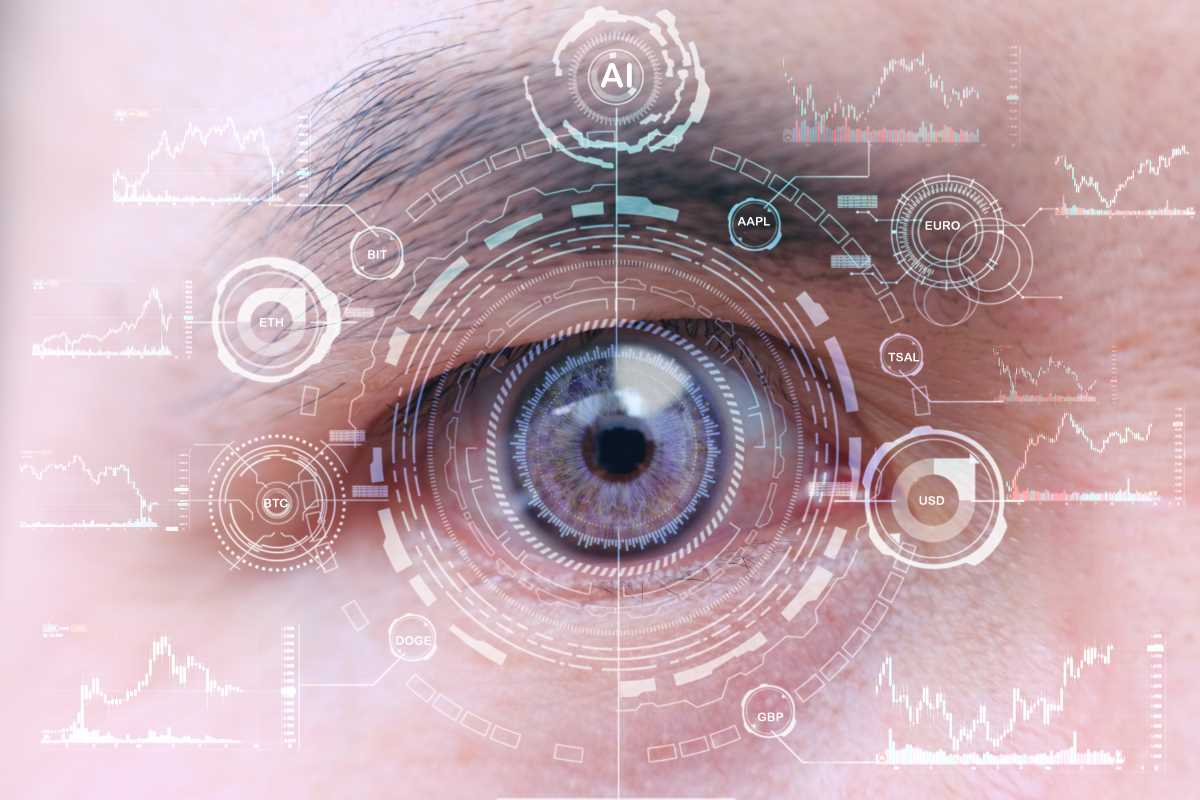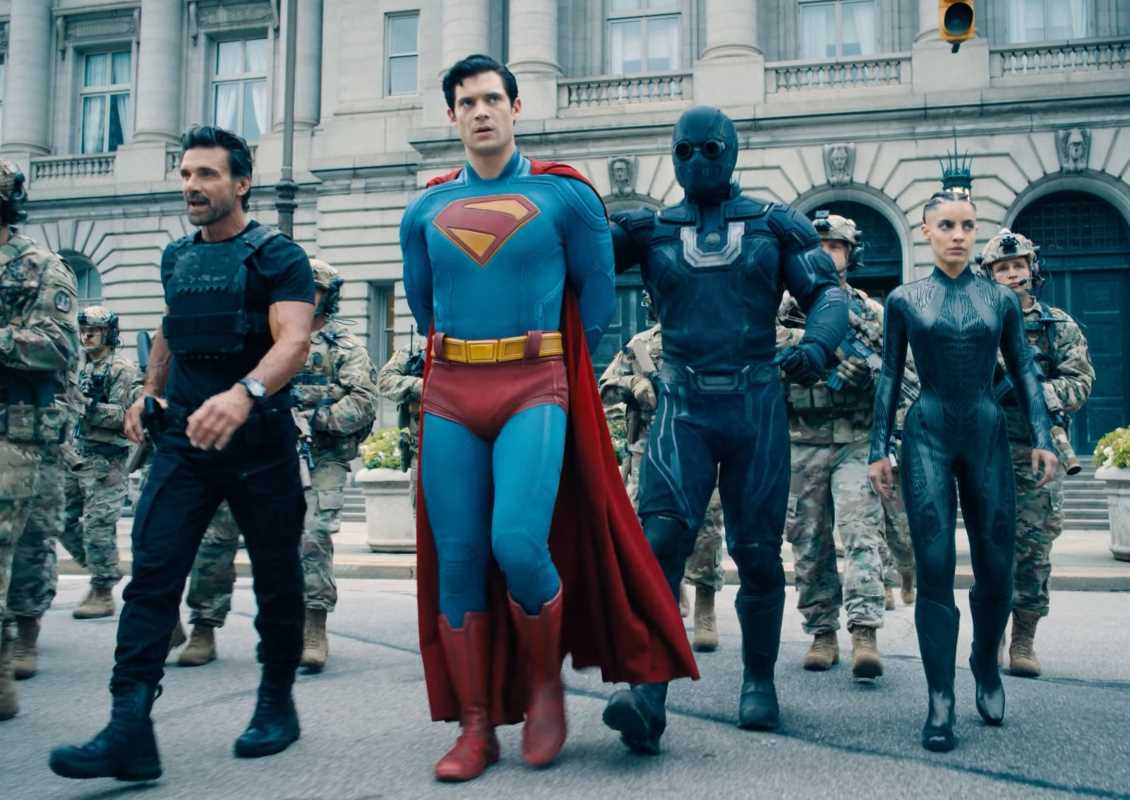Science fiction has always been more than just spaceships, time travel, and alien invasions. Beneath its imaginative world-building and futuristic gadgets lies a genre that has a lot to say about the society we live in right now. Sci-fi authors use speculative settings to explore complex themes like inequality, racism, environmental crises, and the dangers of unchecked technological growth. Because these stories are set in otherworldly or future contexts, they may seem far removed from our lives, but the reality is they often hold up a mirror to humanity.
What makes science fiction so special is its ability to ask, “What if?” What if we treated AI as sentient beings? What if climate change spiraled out of control? What if humans were stripped of their freedoms through authoritarian regimes? These stories don’t just entertain us; they make us think. Some of the most meaningful sci-fi novels have acted as vehicles for social commentary, challenging readers to reflect on the world around them. Below, we explore some standout examples of sci-fi books that have tackled heavy social issues and why they’re still so resonant today.
The Power of Science Fiction as Social Critique
Before we look at specific books, it’s worth understanding why sci-fi is such a great tool for exploring societal issues. At its heart, science fiction is a "sandbox" genre. It allows writers to manipulate time, space, and reality in ways that highlight injustices, question norms, or imagine an entirely different future.
1. A Safe Space for Tough Topics
Discussions about racism, sexism, or exploitation can make people uncomfortable, but setting those conversations in an alternate reality can lower defenses. Take the oppression of entire groups, for example. Instead of directly talking about human groups, some sci-fi stories might use alien species as stand-ins. This allows readers to examine these issues without the baggage that often accompanies real-world discussions.
2. Painting Possible Futures
Science fiction also serves as a warning system. It asks, “What kind of future are we heading toward if we keep going down this path?” From environmental collapse to dictatorial tech dominance, sci-fi pushes us to think about the consequences of our actions (or inactions) today. Books like these don’t just echo what’s wrong with the present; they imagine how much worse it could get.
3. Offering Solutions and Hope
Despite the grim futures that many sci-fi books portray, others use futuristic settings to explore solutions or provide readers with hope for a better tomorrow. They dream big and remind us that humans are capable of incredible resilience and ingenuity.
Classic Sci-Fi Books with Social Commentary
1984 by George Orwell
One of the most influential dystopian novels of all time, 1984 warns of the dangers of totalitarianism, mass surveillance, and the loss of individuality. Written in 1949, Orwell envisioned a future world where every action, thought, and word is under the watchful eye of “Big Brother." While Orwell was critiquing authoritarian regimes of his day, his themes feel eerily relevant in the modern era of data collection, social media tracking, and misinformation.
Why it matters: The book serves as a wake-up call about the importance of protecting freedoms while highlighting how easily truth can be manipulated.
The Handmaid’s Tale by Margaret Atwood
This harrowing novel imagines a dystopia where a totalitarian society strips women of their rights, turning them into reproductive vessels in service of the state. While technically a blend of dystopian fiction and speculative fiction, its strong social commentary on gender oppression, bodily autonomy, and religious extremism makes it a staple read.
Why it matters: Atwood’s tale shows how historical patterns of oppression can resurface, forcing readers to examine gender dynamics in their own society.
Fahrenheit 451 by Ray Bradbury
This novel presents a future where books are outlawed, and “firemen” are tasked with burning them. Through protagonist Guy Montag’s awakening, Bradbury critiques censorship, conformity, and society’s growing obsession with shallow entertainment.
Why it matters: Written during a time of political paranoia and fear of intellectual dissent, Fahrenheit 451 questions what happens to a society that turns its back on critical thinking and meaningful dialogue.
Modern Sci-Fi That Takes on Big Issues
The Parable of the Sower by Octavia E. Butler
Octavia E. Butler’s dystopian masterpiece takes place in a near-future America where climate change, capitalism, and social inequity have torn society apart. The novel is centered on 15-year-old Lauren Olamina, who creates a new belief system called “Earthseed” in the face of chaos and collapse.
Why it matters: Butler confronts themes like systemic inequality, climate change, and survival head-on. Her sharp commentary resonates deeply with readers today as many of these issues dominate global conversations.
The Hunger Games by Suzanne Collins
While on the surface, The Hunger Games might seem like a young adult dystopian adventure, its social commentary runs deep. The series questions the morality of power, explores wealth inequality, and criticizes media sensationalism. The Capitol's use of gladiatorial games to maintain control over the districts serves as a metaphor for the ways governments and media manipulate public attention to distract from power imbalances.
Why it matters: By framing its message in an action-driven, accessible story, The Hunger Games underlines the human cost of systemic inequality and societal numbness to violence.
Exhalation by Ted Chiang
This collection of short stories explores deeply philosophical and technological questions. Through tales of parallel universes and futuristic AI, Chiang examines free will, the human condition, and our responsibility as stewards of the environment.
Why it matters: Chiang uniquely tackles ethical dilemmas that arise with progress, offering readers plenty to reflect on long after reading.
Sci-Fi as a Reflection of Our Times
Why are socially conscious sci-fi stories so compelling right now? A big reason is that we’re living through an era of rapid change and uncertainty. Global warming, political polarization, and technological advancements have all created new challenges for humanity. Sci-fi, which thrives on envisioning the intersection of change and consequence, helps us explore these issues creatively.
Take climate change, for example. More recent novels like The Ministry for the Future by Kim Stanley Robinson envision a potential future shaped by global environmental policies in the wake of devastation. Meanwhile, sci-fi exploring AI and technology, like Klara and the Sun by Kazuo Ishiguro, forces us to reflect on the role machines may play in our lives as companions, workers, or even decision-makers.
Why You Should Read Sci-Fi with Social Commentary
1. Empathy and Perspective
Sci-fi often puts readers in the shoes of characters whose lives may look nothing like their own. This immersive experience helps build empathy and offers new ways to view society’s challenges.
2. A Way to Discuss Hard Topics
Heavy issues like systemic oppression can be tough to bring up in conversation. Sci-fi makes these discussions more accessible by framing them through hypothetical or symbolic scenarios.
3. Encouraging Action
After reading about dystopian or utopian futures, many readers feel inspired to take action in the real world. Whether it’s advocacy for the environment, supporting human rights, or questioning societal norms, the genre often serves as a push toward betterment.
 (Image via
(Image via




